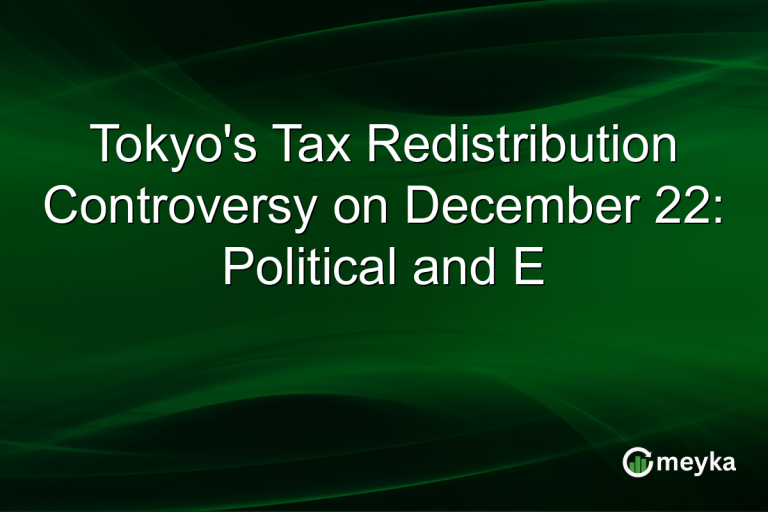Japan News Today, Nov 16: Tensions Escalate as China Issues Travel Woe
Tensions between Japan and China have reached new heights as diplomatic strains intensify, underscored by Japan’s Prime Minister Sanae Takaichi’s comments on Taiwan. These remarks have provoked a strong reaction from China, which has issued a travel advisory warning its citizens against visiting Japan. This development impacts tourism, raising regional stability concerns and adding a layer of complexity for investors considering the Asian market.
Continue Reading on Meyka
This article is available in full on our main platform. Get access to complete analysis, stock insights, and more.
Read Full Article →





